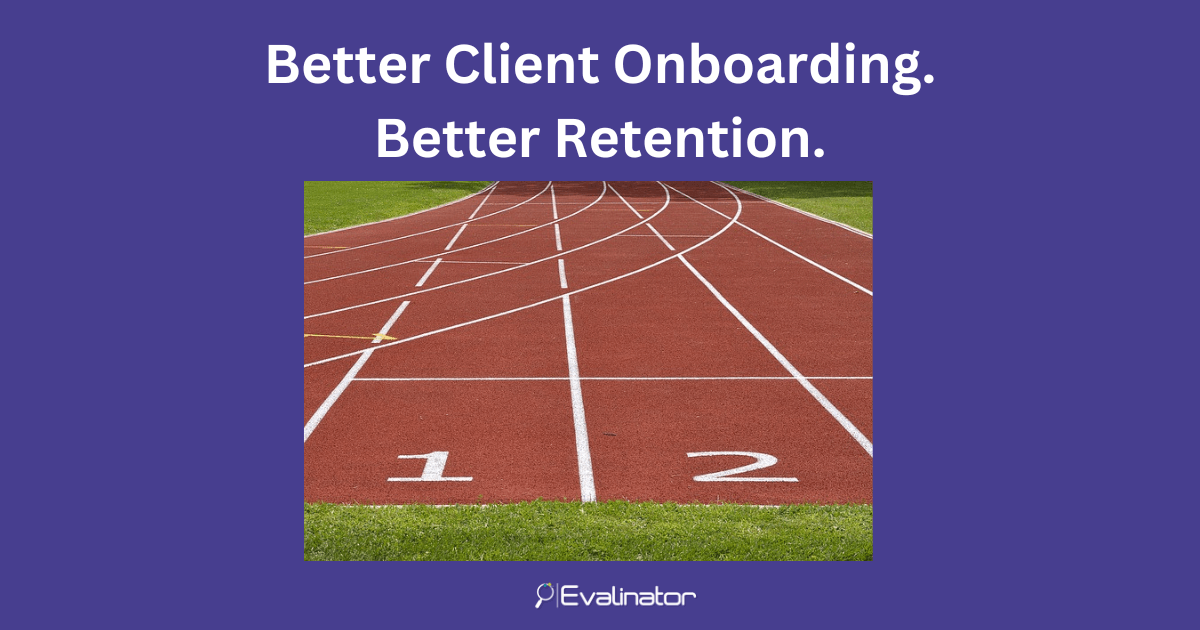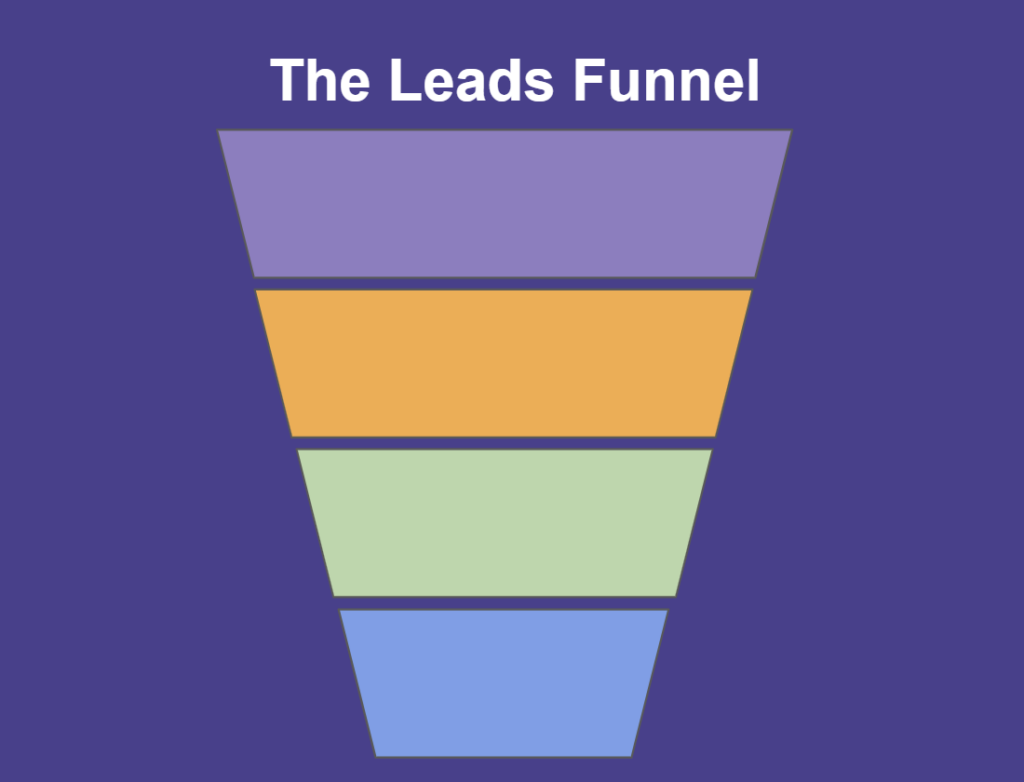


Client onboarding is a very important step towards getting new clients started off on the right foot.
But what exactly is “onboarding,” and why does it matter so much?
Onboarding is just a fancy way of saying we’re setting up our clients for success and helping them make the most of our services and products. It’s also a mechanism to show clients our way of working through immersion so it becomes their own.
In any transformative journey there are 3 steps we need to use for onboarding:
By leveraging assessments throughout this three-step process, experts act as coaches and ensure a structured and systematic approach to transformation. As a result they can empower clients to achieve their goals with clarity and purpose.
For experts who offer coaching, courses, or professional services aimed at helping clients reach their goals, a good onboarding process is key.
It’s our chance to learn important things about our clients – like what they’re struggling with, what they want to achieve, and how they like to learn.
With this knowledge, we can personalize our approach to fit each client’s needs.
A well-planned client onboarding also opens up opportunities to offer personalized coaching or extra products. This make the experience better for clients and helps our business grow.
One great way to make onboarding organized and useful is by using structured assessments.
Think of it like a coaching or consulting toolkit full of helpful tools.
Take the “Wheel of Life” assessment, for example. It’s like a compass that helps clients evaluate different parts of their life, like their job, relationships, and health. We can tweak it to focus on what matters most for your clients. For examples, you can make it a business wheel, digital transformation wheel, or a leadership wheel too.
We can also create our own custom assessments to spot areas where clients need help and show them how our coaching can make a difference.
Assessments like the DISC, Big 5, and Strengths Finder are powerful coaching tools that can be utilized throughout the coaching journey to enhance client engagement and provide continuous value.
The DISC assessment offers insights into clients’ behavioral tendencies, allowing coaches to help clients tailor their approach and communication style accordingly.
The Big 5 assessment delves into clients’ personality traits, shedding light on their strengths and areas for development.
Additionally, the strengths finder assessment helps identify clients’ unique talents and abilities, guiding coaches in leveraging these strengths to maximize their potential.
By incorporating these assessments into ongoing coaching sessions, coaches can foster deeper self-awareness, facilitate meaningful discussions, and ultimately empower clients to achieve their goals with confidence.
Similarly for consultants or other service professionals, you can use assessments such as digital or data maturity models, change management, or overall business assessments.
Client onboarding is crucial to getting started on on the right foot with our clients leads to longer-lasting relationships. If you are an expert, the templates mentioned above are included with your Evalinator subscription.
Assessments make our onboarding process smoother. They keep clients involved throughout our coaching journey. That way we can build strong connections with our clients, help them succeed, and keep growing our business.
Use the 14 day free trial to create your first assessment with Evalinator. Use one of our popular templates or create a custom one that is just right for your practice.
Learn more on this page for coaches.
The cool thing about Evalinator is that the assessments are interactive, so they are not just for one time use.
We can keep using them throughout the transformation journey to keep clients engaged and give them more value.
Evalinator help you track how clients are doing, find areas where they can improve and set goals, and adjust your services accordingly.

Feeling frustrated with lead generation?
Take this free, 5-minute quiz and get more prospects into your leads funnel.
Instant Results. Actionable recommendations. Email required.
Find Your Score >>